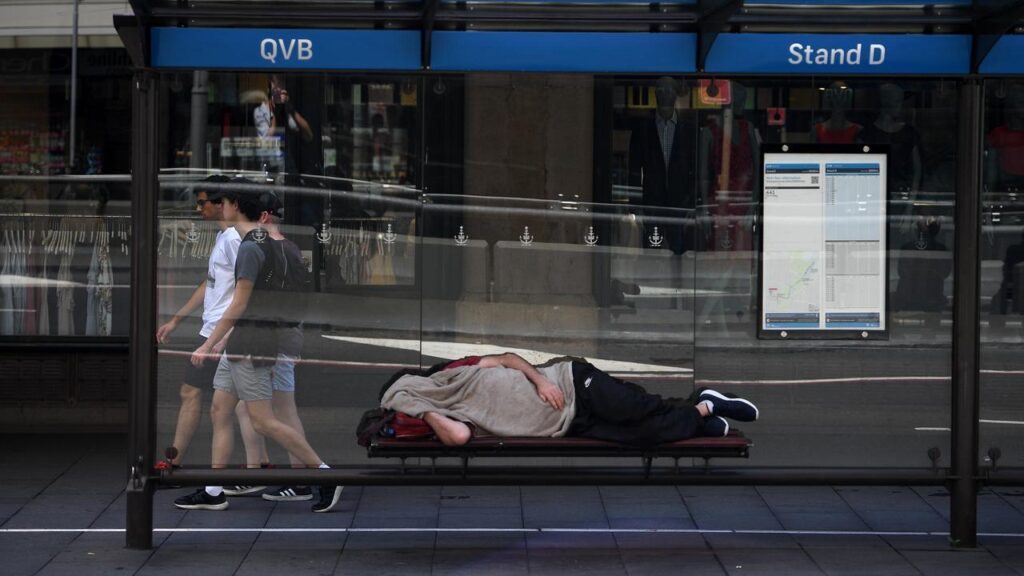Essential workers falling into housing ‘missing middle’
Farid Farid |

Many essential workers can’t afford to rent or buy housing at market rates, with some sleeping in their cars, a report shows.
The workers were stuck in the “missing middle” of housing policy, where they cannot make ends meet to rent, let alone buy, homes but often earn too much to be eligible for subsidised housing, the report found.
These include workers in the housing sector trying to find secure accommodation for homeless people.
“The irony of homelessness workers unable to find a home while trying to support rough sleepers was not lost on us,” said NSW independent MP Alex Greenwich, chair of the state parliamentary committee behind the report.

The 119-page report found the state government was taking a “siloed, rather than strategic” approach to essential worker housing.
One key finding was that the short-term rental market – dominated by landlords operating on platforms such as Airbnb – was pricing out essential workers trying to find long-term, secure homes.
Nicky Sloan, who gave evidence at the inquiry on behalf of not-for-profit community groups in southern NSW, said an immediate state government fix would be capping holiday rentals to 60 days per year.
“Most solutions rely on houses being built, but these are houses that are there and are sitting empty for probably 250 days a year,” the Community Industry Group chief executive told AAP on Friday.
“People are buying up properties to make huge rents on them and run them as a business … and that’s what’s driving up prices across our region.
“We are prioritising tourism over essential services.”

But in its submission, Airbnb said the caps would be ineffective, arguing such policy interventions were “insufficiently targeted and unfair”.
Ms Sloan noted the community sector was financially stretched, renting out homes to its own workers because they can’t get a workforce otherwise.
“It’s not innovation, it’s out of absolute desperation.”
A Unions NSW survey of frontline workers found 78 per cent were in housing stress, amid a vacancy rate of under two per cent in 2024.
The report, released on Friday, also noted the mental health sector struggled to fill regional roles, with one candidate from Melbourne backing out of a job offer and another worker driving 173km a day for two months after both were unable to secure affordable housing.

The report found essential worker definitions had to be flexible, based on local community needs and a focus on those required to be physically present at a job site.
Essential worker definitions differ across the nation but has typically referred to frontline public sector workers on low-to-middle incomes.
Efforts to boost housing for those workers include Queensland in 2024 announcing it would construct about 900 build-to-rent homes on the Gold Coast next to a university hospital and campus, for an estimated 1350 key workers.
A Melbourne City Council plan meanwhile will allocate affordable housing in projects developed on its own land.
The city expects demand for affordable housing to swell to more than 27,000 in the next decade.
AAP